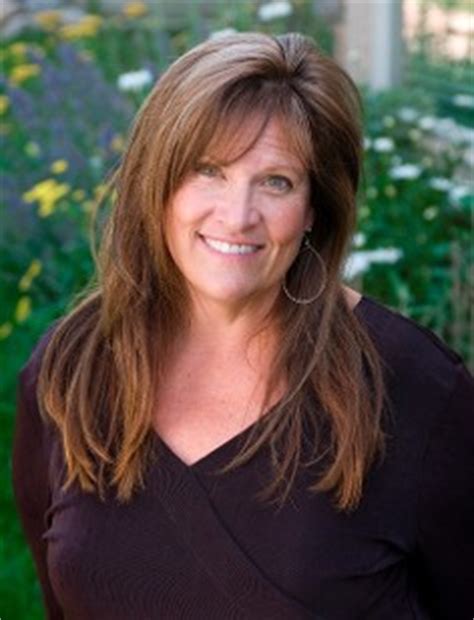A Quote by William Shakespeare
He was too good to be
Where ill men were, and was the best of all
Amongst the rar'st of good ones- sitting sadly
Hearing us praise our loves of Italy
For beauty that made barren the swell'd boast
Of him that best could speak; for feature, laming
The shrine of Venus or straight-pight Minerva,
Postures beyond brief nature; for condition,
A shop of all the qualities that man
Loves woman for; besides that hook of wiving,
Fairness which strikes the eye-
CYMBELINE.
Related Quotes
God, Who is by nature good and dispassionate, loves all men equally as His handiwork. But He glorifies the virtuous man because in his will he is united to God. At the same time, in His goodness he is merciful to the sinner and by chastising him in this life brings him back to the path of virtue. Similarly, a man of good and dispassionate judgment also loves all men equally. He loves the virtuous man because of his nature and the probity of his intention; and he loves the sinner, too, because of his nature and because in his compassion he pities him for foolishly stumbling in darkness.
Good friends find pleasure in one another's company. Let us know pleasure in the company of our best Friend, a Friend who can do everything for us, a friend who loves us beyond measure. Here in the Blessed Sacrament we can talk to him straight from the heart. We can open our souls to him, tell him what we need, beg him for powerful graces. We are perfectly free to approach the King of the universe with full confidence and without fear.
A woman in the presence of a good man, a real man, loves being a woman. His strength allows her feminine heart to flourish. His pursuit draws out her beauty. And a man in the presence of a real woman loves being a man. Her beauty arouses him to play the man; it draws out his strength. She inspires him to be a hero.
Do you believe that the God of Jesus loves you beyond worthiness and unworthiness, beyond fidelity and infidelity—that he loves you in the morning sun and in the evening rain—that he loves you when your intellect denies it, your emotions refuse it, your whole being rejects it. Do you believe that God loves without condition or reservation and loves you this moment as you are and not as you should be.
My photographs don't go below the surface. They don't go below anything. They're readings of the surface. I have great faith in surfaces. A good one is full of clues. But whenever I become absorbed in the beauty of a face, in the excellence of a single feature, I feel I've lost what's really there been seduced by someone else's standard of beauty or by the sitter's own idea of the best in him. That's not usually the best. So each sitting becomes a contest.
There can be no Friendship where there is no Freedom. Friendship loves a free Air, and will not be penned up in straight and narrow Enclosures. It will speak freely, and act so too; and take nothing ill where no ill is meant; nay, where it is, 'twill easily forgive, and forget too, upon small Acknowledgments.
The readiest way which God takes to draw a man to himself is, to afflict him in that he loves most, and with good reason; and to cause this affliction to arise from some good action done with a single eye; because nothing can more clearly show him the emptiness of what is most lovely and desirable in the world.






































